The Future of Power: Exploring the 2025 Dodge Charger’s Exhaust System
The Future of Power: Exploring the 2025 Dodge Charger’s Exhaust System
Introduction
In this auspicious occasion, we are delighted to delve into the intriguing topic related to The Future of Power: Exploring the 2025 Dodge Charger’s Exhaust System. Let’s weave interesting information and offer fresh perspectives to the readers.
Table of Content
The Future of Power: Exploring the 2025 Dodge Charger’s Exhaust System

The Dodge Charger, a symbol of American muscle and performance, is evolving. As the automotive landscape shifts towards electrification and stricter emissions regulations, the 2025 model year presents a pivotal moment in the Charger’s history. While specifics remain under wraps, the future of the Charger’s exhaust system is a topic of considerable interest and speculation.
Navigating the Shifting Landscape
The automotive industry faces a complex web of challenges, including tightening emissions standards and consumer demand for fuel-efficient vehicles. This dynamic environment is pushing manufacturers to innovate and adapt, leading to a diverse range of solutions.
The 2025 Dodge Charger, therefore, is likely to feature an exhaust system that balances performance with environmental responsibility. This balancing act necessitates a deep understanding of the various technologies available and their potential impact on the Charger’s iconic character.
Potential Avenues for the 2025 Charger’s Exhaust
Several avenues are open for Dodge to navigate the future of the Charger’s exhaust system:
- Hybrid Powertrains: One potential approach is the adoption of hybrid powertrains. This technology combines a gasoline engine with an electric motor, offering improved fuel efficiency and reduced emissions. The exhaust system in a hybrid Charger would likely be smaller and less intrusive, potentially incorporating a catalytic converter to further reduce harmful emissions.
- Electric Powertrains: A more radical shift could see the Charger transition to an all-electric powertrain. This would eliminate the need for a traditional exhaust system altogether, replacing it with a silent and emission-free electric motor. While this approach aligns with the future of automotive technology, it might require significant changes to the Charger’s design and driving experience.
- Advanced Combustion Technologies: Dodge could focus on optimizing its gasoline engines with advanced combustion technologies. These technologies aim to improve fuel efficiency and reduce emissions without compromising performance. This approach might involve modifications to the exhaust system, incorporating features like variable valve timing and turbochargers to enhance engine efficiency.
- Emissions Control Systems: Regardless of the powertrain chosen, the 2025 Charger will likely feature advanced emissions control systems. These systems, including catalytic converters and particulate filters, aim to drastically reduce harmful pollutants released into the atmosphere.
The Importance of the Exhaust System
The exhaust system plays a crucial role in a vehicle’s performance and environmental impact. It is responsible for:
- Managing Combustion Byproducts: The exhaust system collects and channels harmful byproducts of combustion, such as carbon monoxide, hydrocarbons, and nitrogen oxides.
- Reducing Emissions: Through the use of catalytic converters and other emission control technologies, the exhaust system converts harmful pollutants into less harmful substances.
- Sound Generation: The exhaust system also contributes to the vehicle’s sound signature, a critical element for performance-oriented vehicles like the Charger.
Balancing Performance and Efficiency
The challenge for Dodge is to design an exhaust system for the 2025 Charger that balances these competing priorities. The company will need to find a solution that maintains the Charger’s iconic performance while adhering to increasingly stringent emissions regulations.
FAQs Regarding the 2025 Dodge Charger’s Exhaust System
Q: Will the 2025 Dodge Charger still have a V8 engine?
A: While the future of the Charger’s engine lineup remains uncertain, it’s highly likely that some variant will still offer a V8 engine. However, it is expected to be paired with advanced technologies to improve efficiency and reduce emissions.
Q: Will the 2025 Dodge Charger sound like previous models?
A: The sound of the Charger’s exhaust system is a defining characteristic. While the exact sound may evolve, Dodge is likely to prioritize maintaining a powerful and distinctive exhaust note, even with the implementation of emissions-reducing technologies.
Q: Will the 2025 Dodge Charger be more expensive due to the new exhaust system?
A: The cost of the new exhaust system will likely be factored into the overall price of the 2025 Charger. However, the exact price increase will depend on the specific technologies implemented and the overall cost of production.
Tips for Owners of the 2025 Dodge Charger
- Regular Maintenance: Proper maintenance of the exhaust system is crucial for optimal performance and emissions control. This includes regular inspections, cleaning, and replacement of components as needed.
- High-Quality Fuel: Using high-quality fuel can help to reduce emissions and improve engine performance.
- Driving Habits: Driving habits can significantly impact fuel efficiency and emissions. Avoiding aggressive acceleration and maintaining a consistent speed can help to reduce fuel consumption and emissions.
Conclusion
The 2025 Dodge Charger’s exhaust system will be a testament to the ongoing evolution of automotive technology. While the specific design remains a mystery, it is clear that the Charger will need to balance performance with environmental responsibility. The future of the Charger’s exhaust system will be a fascinating chapter in the ongoing story of this iconic American muscle car.
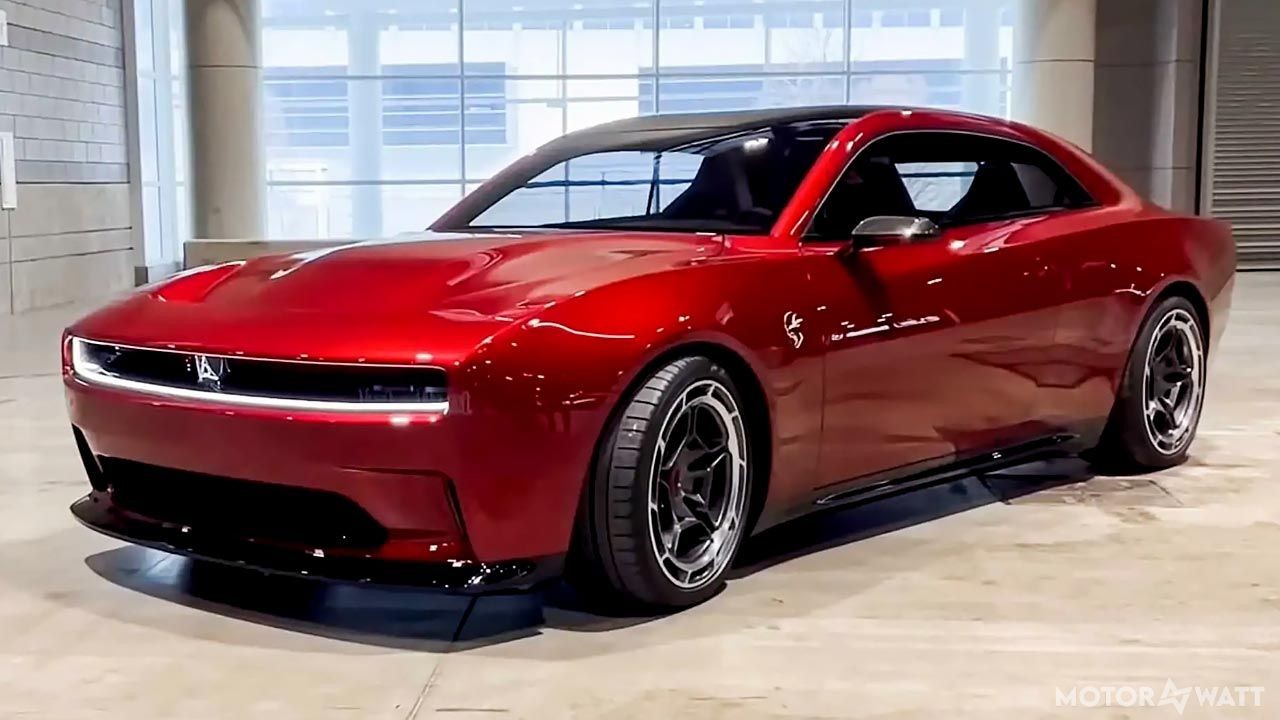


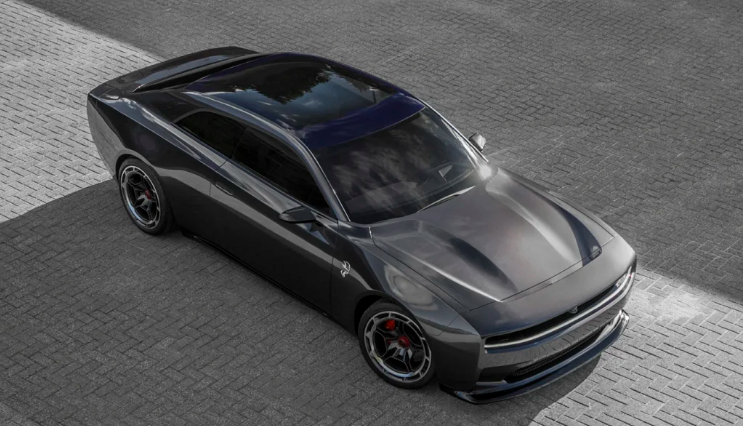

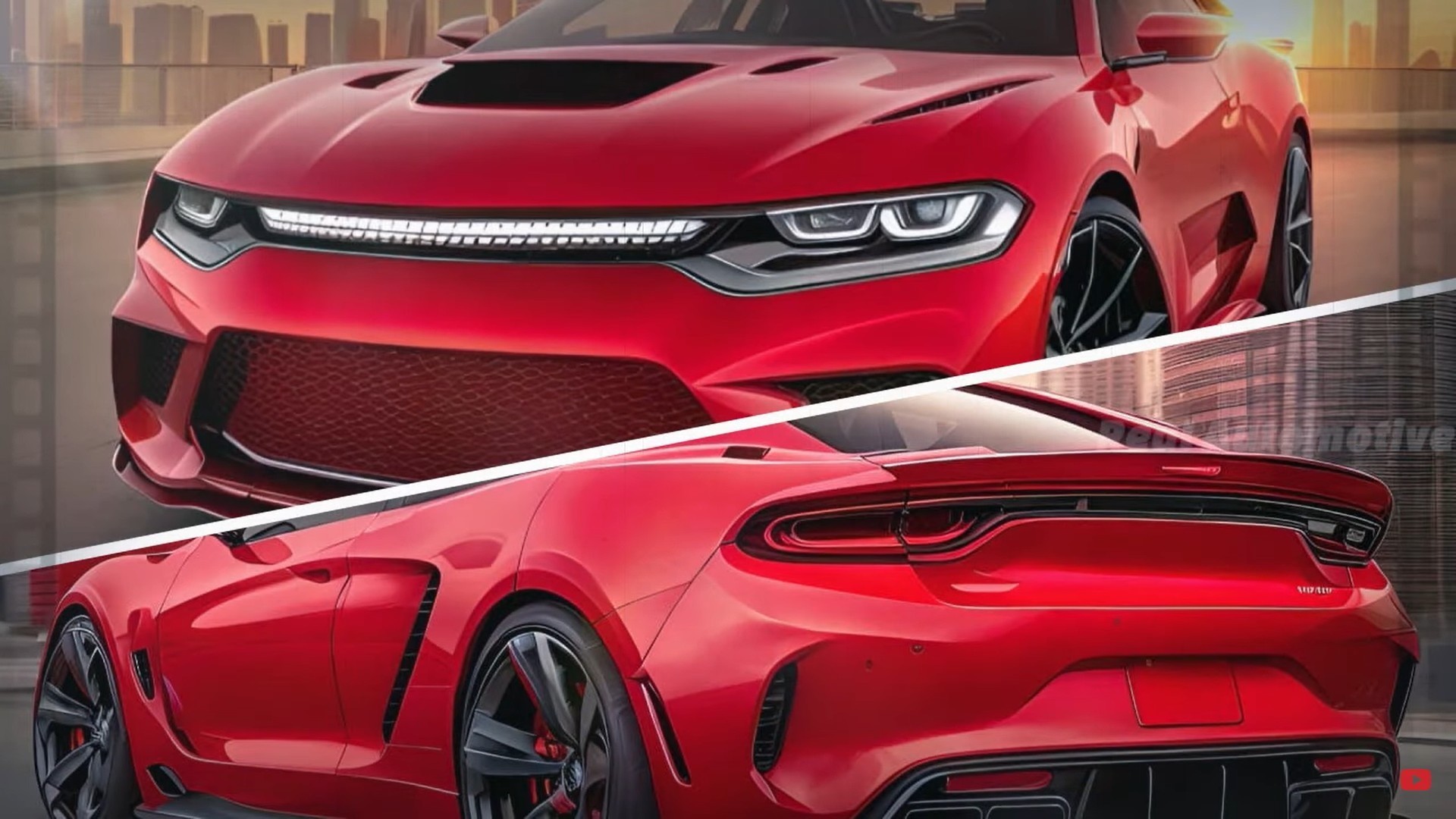
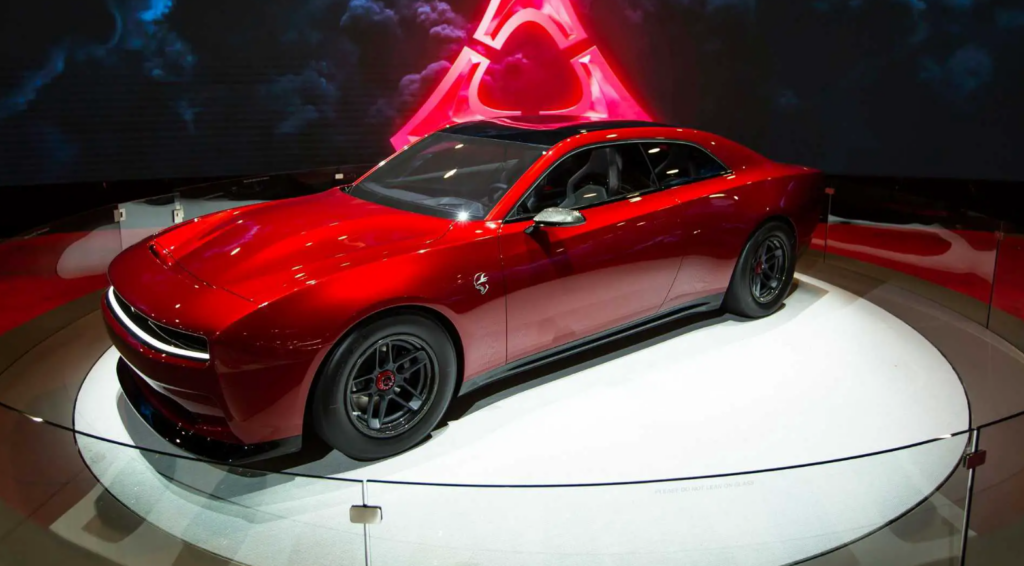
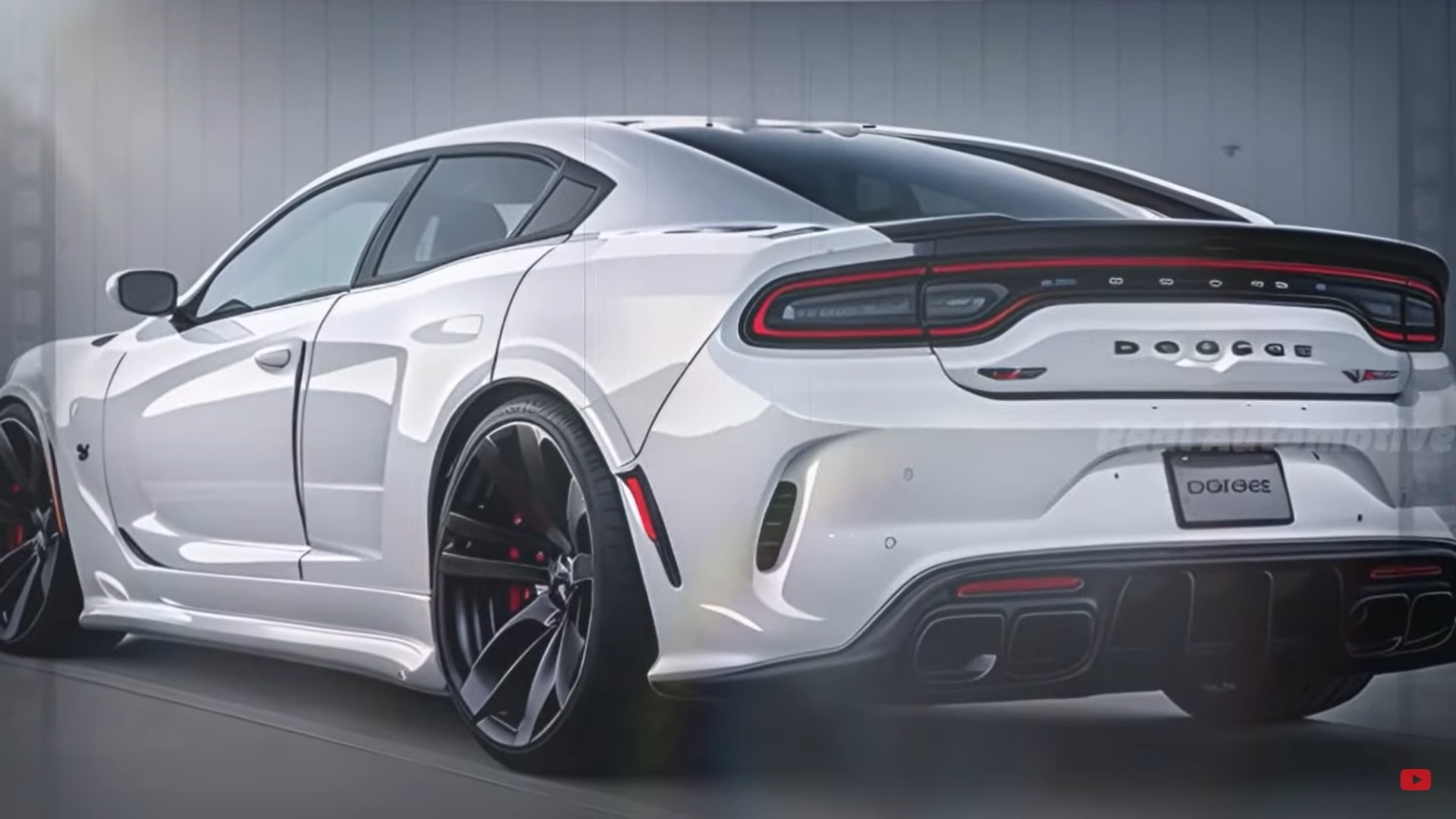
Closure
Thus, we hope this article has provided valuable insights into The Future of Power: Exploring the 2025 Dodge Charger’s Exhaust System. We hope you find this article informative and beneficial. See you in our next article!